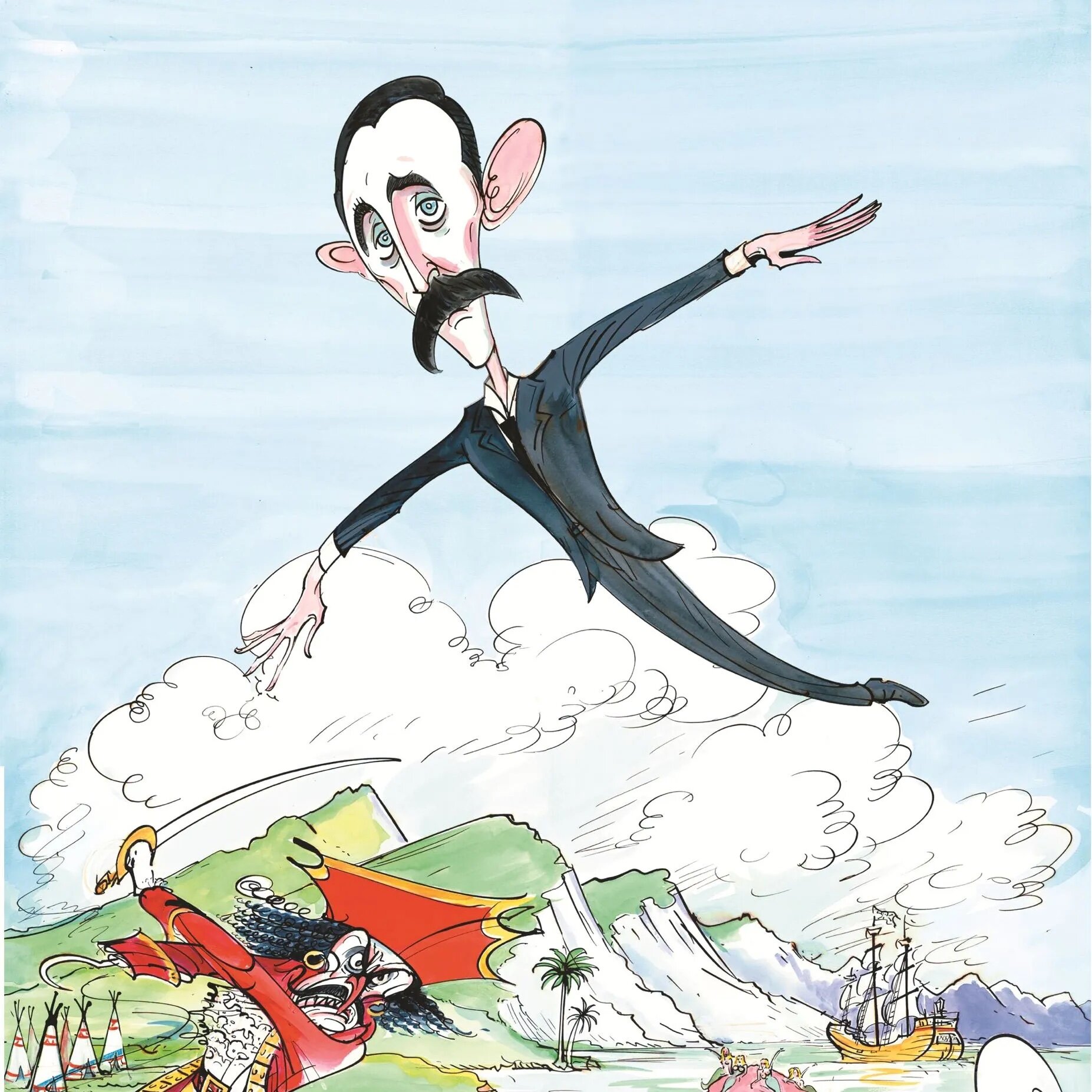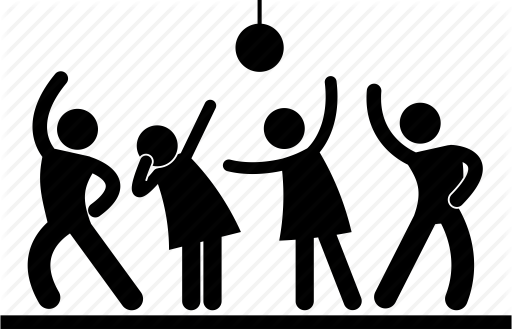Think about the times you have sat in an audience - whether in person or on a digital device – listening to a speaker, you are being influenced. It doesn’t matter what they are saying whether you think it is good or bad, how much you agree or disagree with it, you are being influenced. This morning I looked up the word, influence and according to the Oxford English Dictionary, influence means “the capacity to have an effect on the character, development or behaviour of someone or something, or the effect itself.”
Each of us live our lives based on a worldview, and our worldview is essentially one’s spectrum of perceptions from knowledge to beliefs with countless opinions in between. In other words, our worldview consists of our knowledge, our opinions, and our beliefs. And if we have self-confidence, we hold each of these or all of them as truths, not true in that they could be proven, true, in that is how we see it.
Knowledge is what we know with enough certainty and evidence to support it.
Beliefs is what we hold as true, although there is no objective or formal evidence to prove it.
Opinions is what we hold with enough evidence to know that is the way we see things.
I can inform someone’s knowledge and if they disagree, I can support my view with enough evidence to convince them unless they just object no matter what. On the other hand, beliefs are what I believe even when I have no direct evidence to support it. Most of us have had beliefs through our lives that changed and became opinions. Opinions are what we hold as true because we have enough evidence and strong enough beliefs to see something as being proper. We have opinions about everything, for example, sports, relationships, health, parenting, leadership, management, etc. The reason why I have different views today than previously is that I have been persuaded to change many of my opinions through additional evidence and by views of others I trust.





















